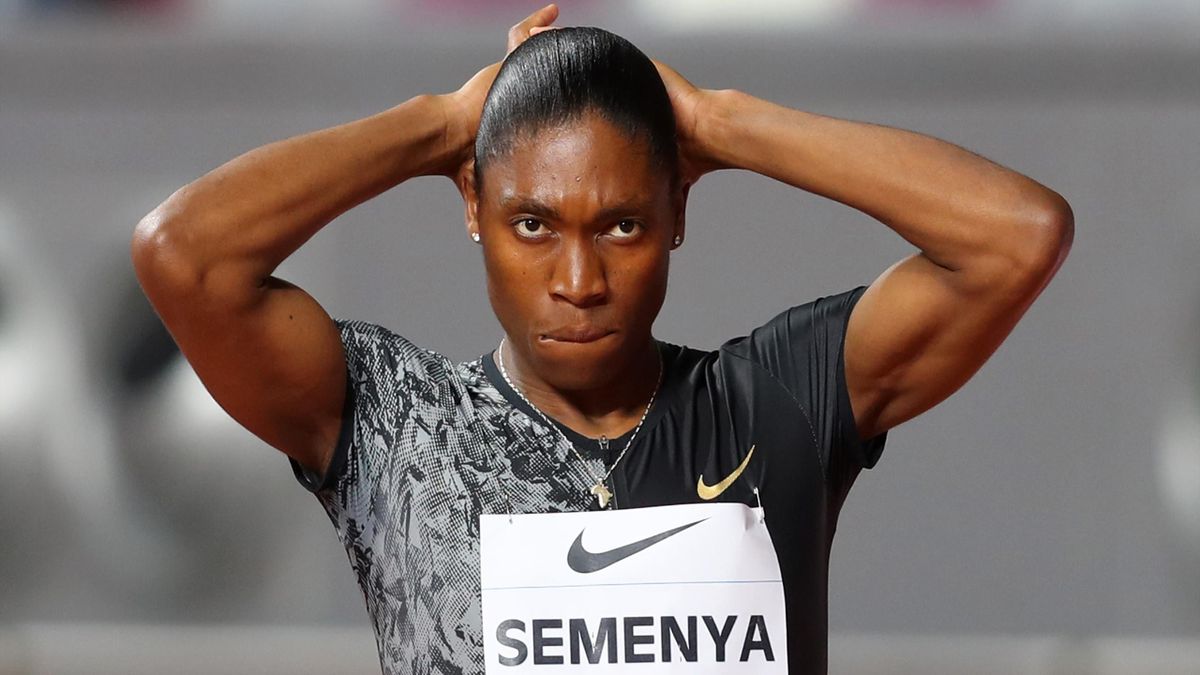We use cookies to help you navigate efficiently and perform certain functions. You will find detailed information about all cookies under each consent category below.
The cookies that are categorized as "Necessary" are stored on your browser as they are essential for enabling the basic functionalities of the site. ...
Necessary cookies are required to enable the basic features of this site, such as providing secure log-in or adjusting your consent preferences. These cookies do not store any personally identifiable data.
Functional cookies help perform certain functionalities like sharing the content of the website on social media platforms, collecting feedback, and other third-party features.
Analytical cookies are used to understand how visitors interact with the website. These cookies help provide information on metrics such as the number of visitors, bounce rate, traffic source, etc.
Performance cookies are used to understand and analyze the key performance indexes of the website which helps in delivering a better user experience for the visitors.
Advertisement cookies are used to provide visitors with customized advertisements based on the pages you visited previously and to analyze the effectiveness of the ad campaigns.

On Tuesday, the European Court of Human Rights ruled in favour of an appeal by the hyperandrogenic South African athlete Casper Semenya. The court confirmed violations by the Swiss justice system. For the time being, however, this decision has no impact on World Athletics' regulations, which require hyperandrogenic athletes to undergo hormone treatment in order to take part in certain races.
The European Court of Human Rights has ruled in favour of athlete Caster Semenya. The Court ruled in favour of Caster Semenya's claim that she had been discriminated against by the Swiss courts. This decision, however, does not allow her to resume her favourite distance (the 800m) without complying with the rules established by World Athletics. The ruling confirms violations of the European Convention for the Protection of Human Rights. These relate specifically to her dismissal by the Swiss courts. She had brought the case after a CAS decision in 2020 upholding the rules of the International Athletics Federation.
This rule stipulates that hyperandrogenic athletes are required to undergo hormone treatment to reduce their testosterone levels in order to take part in certain races. The South African athlete has therefore been partially vindicated by the court in the battle she has been waging since 2019. The court ruled in favour of her on the following grounds: breaches of articles 14, 8 and 13 (detailed below).The 800m specialist listed a number of these. Articles 3 (prohibition of inhuman or degrading treatment); 8 (right to respect for private life); 14 (prohibition of discrimination); 6 (right to a fair trial); and 13 (right to an effective remedy) to justify her appeal.
The Court gave the following reasons for its decision: "the applicant did not benefit in Switzerland from sufficient institutional and procedural guarantees that would have enabled her to pursue her complaints effectively". It also added that Switzerland (its judiciary) "exceeded the limited margin of appreciation it enjoyed in the present case, which concerned discrimination based on sex and sexual characteristics, which can only be justified by 'very strong considerations'".
Semenya determined to continue the fight
Since 2019, Caster Semenya has been unable to take part in certain races. The reason is that she is refusing hormone treatment to lower her testosterone levels. This is compulsory for hyperandrogenic athletes (who have a natural excess of male sex hormones). The South African athlete had been triple world champion and double Olympic champion in the 800 m before this rule, which she considers iniquitous. She has been fighting ever since.
In part, this decision is a first victory for her, on behalf of all her peers.She recently announced her decision to continue the fight. With her sights set on taking part in the 2024 Olympics, she told L'Equipe newspaper. "I'll never get tired of fighting for this cause because this rule holds back a lot of young African athletes. It doesn't make any sense. I'm totally against these rules. Sport has never been fair and it never will be. If it were, we'd all be the same, with no differences.
BREAKING: Two-time Olympic 800m champion Caster Semenya wins appeal at European Court of Human Rights. pic.twitter.com/wFWIrJRCbu
— Sky Sports News (@SkySportsNews) July 11, 2023